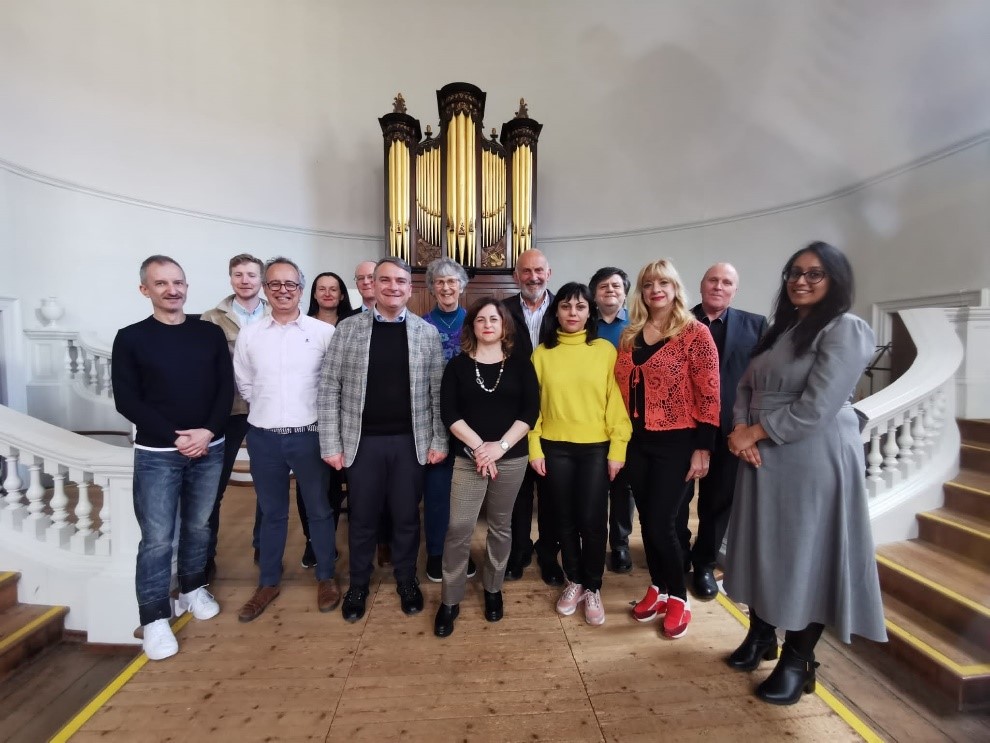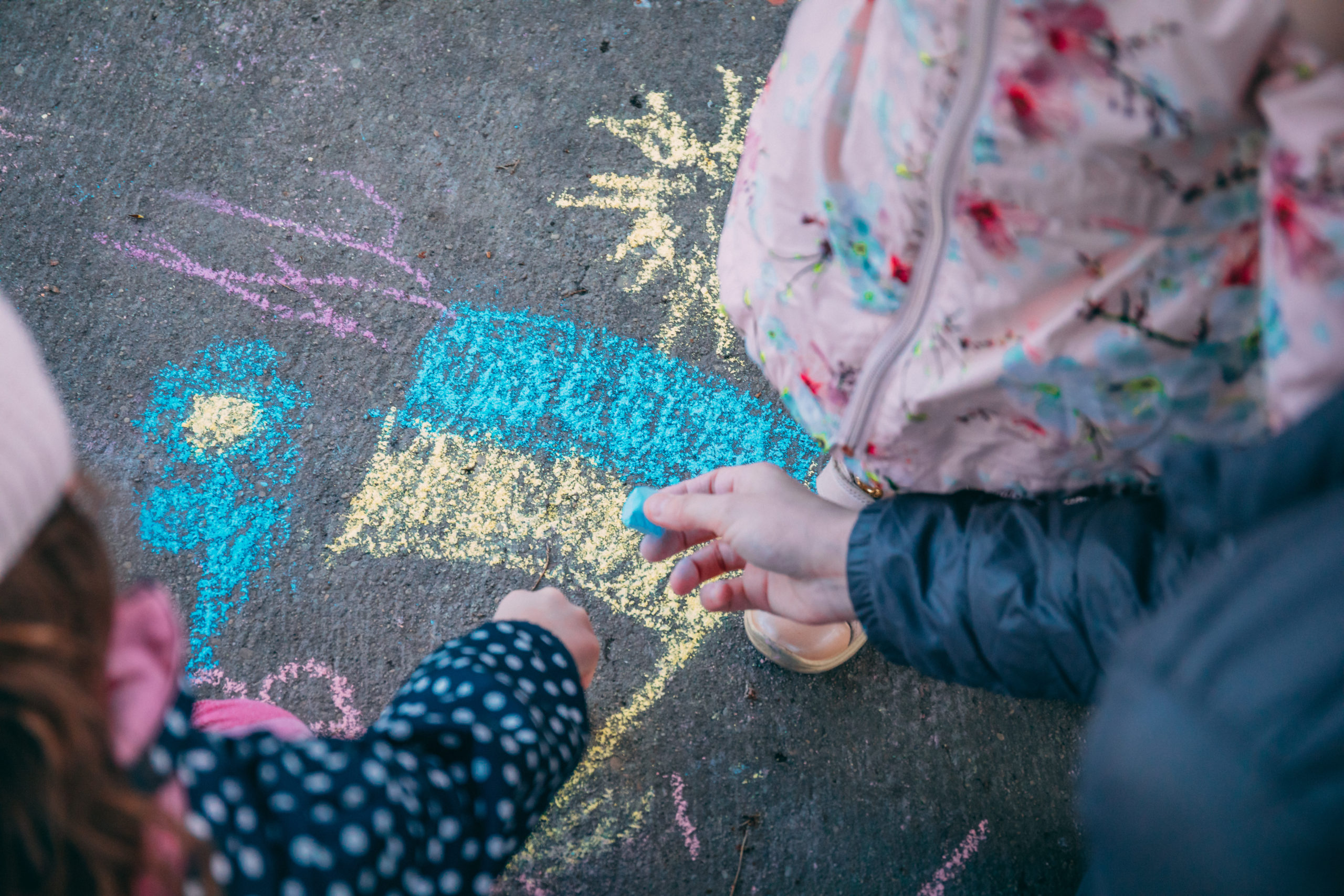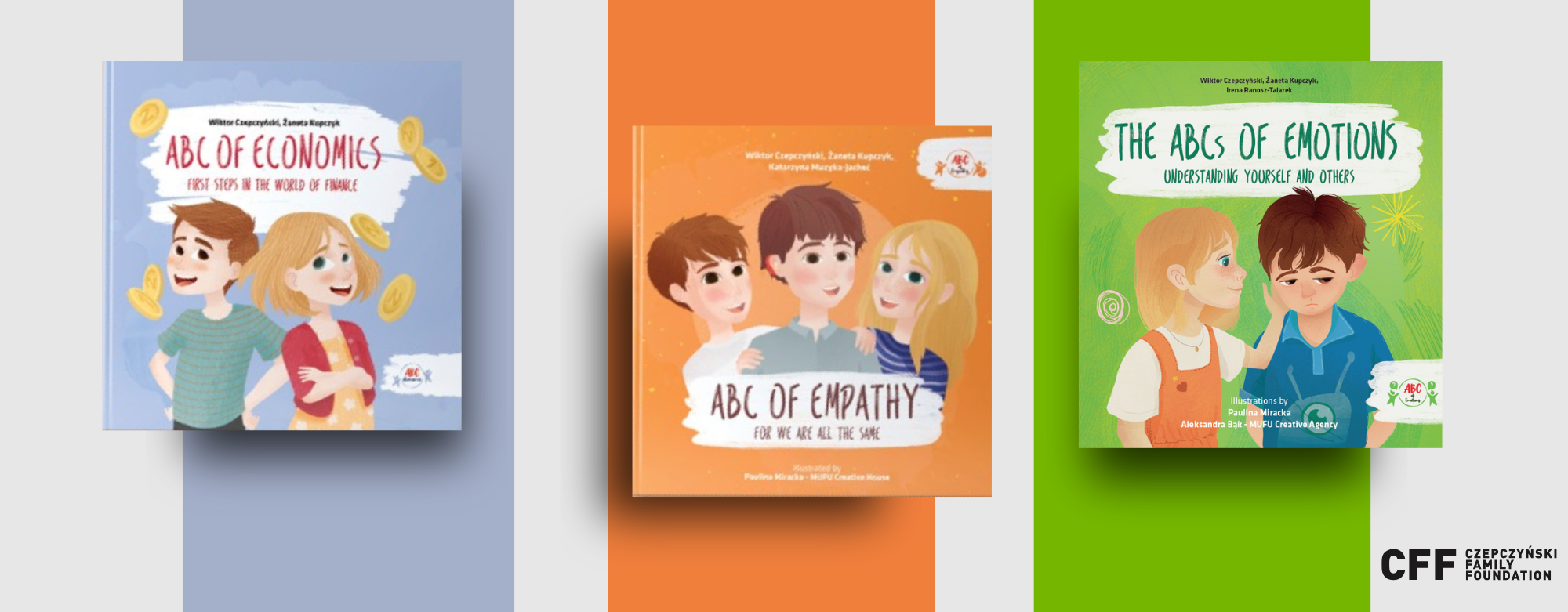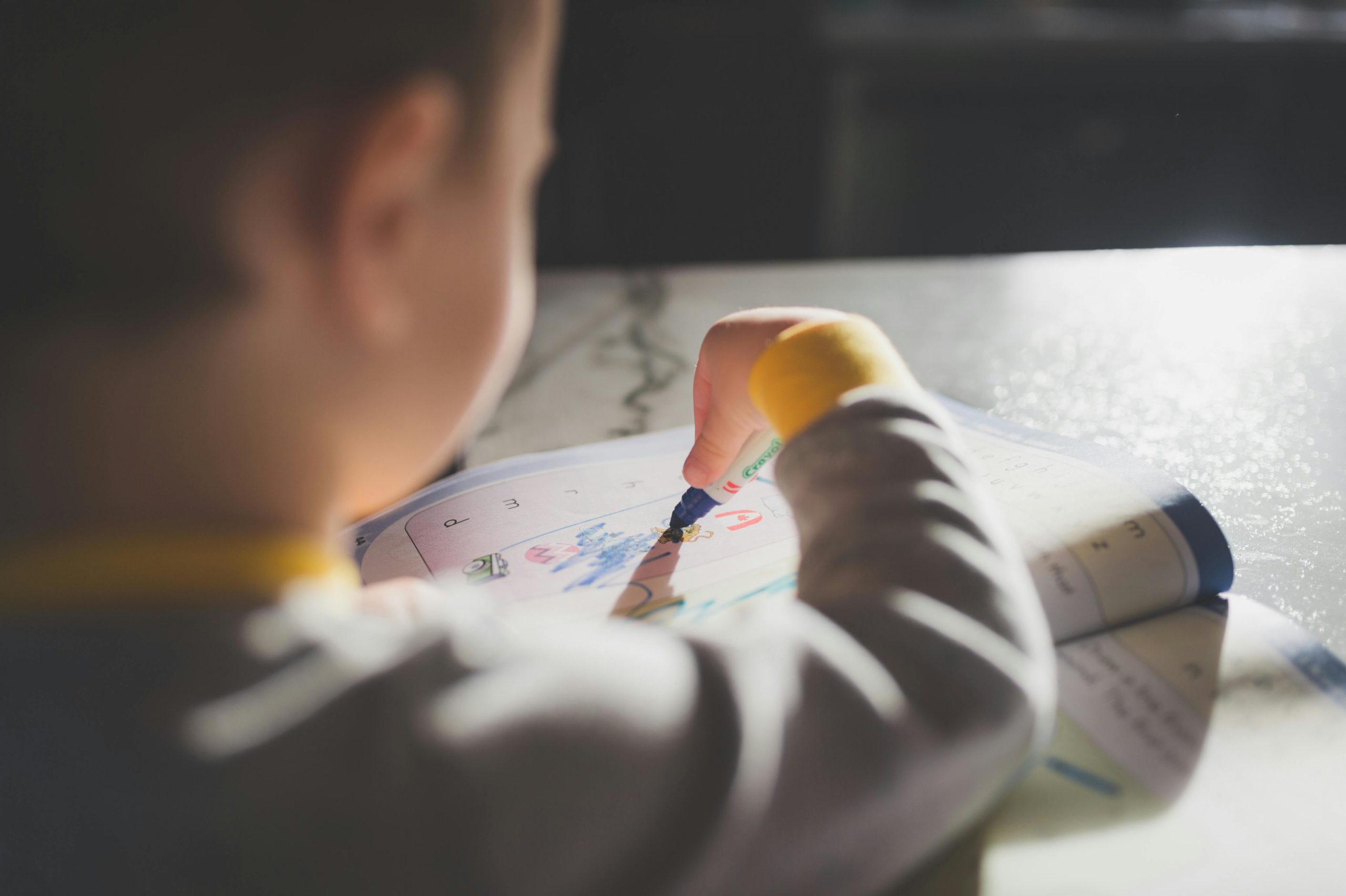Ensuring children’s right to access education during times of war
Supporting the integration of children who have fled Ukraine in Europe’s education systems needs to be underpinned by a clear understanding of children’s social-emotional wellbeing.
For many of us working in the field of education, the past eight weeks have involved a huge re-focus of energy – already strained from 2 years of pandemic-disrupted learning – to rapidly prepare for and welcome children who have fled Ukraine. For example, in Poland, this has meant the enrolling of 100,000+ school-aged children in Polish and parallel school systems within a few weeks.
Many education systems, school communities and individual teachers are doing their utmost to provide a sense of normality for children who have suffered the trauma of war and displacement:
- In Romania, Ukrainian teachers - who are refugees themselves – are teaching young children aged 4-11 fleeing the war on evenings.
- Eurochild member, NNC Bulgaria, is developing webinars for Bulgarian teachers working with Ukrainian children on dealing with trauma and how to talk about the war.
- The Ukrainian Ministry of Education is also providing the Ukrainian primary and secondary curriculum through online education.
- The European School Education Gateway has also published national educational resources in Ukrainian for schooling under adverse conditions.
However, these inspiring examples are not universal, and we know national education systems are struggling to provide accessible education for the 2.5 million displaced children (latest UNICEF estimates).
How the ICAM project can support child refugees access their right to education:
In response, Eurochild and its partners in the Including Children Affected by Migration (ICAM) project are working to help European education systems meet these huge challenges:
- We have adapted our programme for both primary and secondary schools welcoming Ukrainian child refugees aged 5-17. The full resource pack is available on the ICAM website.
- We are participating in the EU Education Solidarity Group with the European Commission, national education ministries and civil society allies. Children’s access to their right to education must include a strong focus on their well-being, by meeting any psychosocial needs and promoting intercultural understanding & inclusion.
- We are monitoring EU funding developments, including opportunities through national Erasmus+ agencies. You can already check out current calls.
The adapted ICAM resource pack has been highlighted by the European Commission (EC) as an ‘inspiring practice’ in its new Policy guidance on supporting the inclusion of Ukrainian refugees in education: considerations, key principles and practices.

With these developments in mind, Eurochild joined our ICAM partners for a productive and collegial final project workshop in Oxford, UK. Our final partnership meeting focused on overviewing our collective work together over the past two years, and planning activities around new partnership building, implementation of the programme in schools, dissemination activities and exploring ways to ensure the programme’s continuation beyond the end of its Erasmus+ funding in June.
For more information, please contact Ciaran O'Donnell from the Eurochild Secretariat.
Additional resources:
- ICAM adapted resources for supporting children in schools in response to the invasion of Ukraine
- Eurochild’s Resources on the humanitarian crisis in Ukraine, including resources related to education





